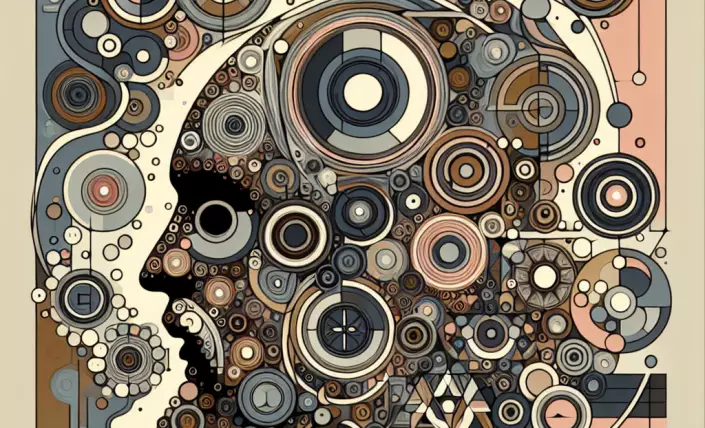In the annals of philosophical thought, few allegories are as renowned and enduring as Plato's Allegory of the Cave. This compelling metaphor, nestled within 'The Republic,' continues to challenge our perceptions of reality and knowledge. Plato's Cave is not merely a story about prisoners and shadows but a profound commentary on human existence, the pursuit of truth, and the nature of enlightenment. As we navigate the complexities of modern life, this allegory offers a lens through which we can examine our own intellectual and existential journeys.
At the heart of the Allegory of the Cave lies the stark contrast between illusion and reality. Plato presents us with prisoners chained in a cave, their perception of the world limited to shadows cast on a wall. These shadows represent the superficial truths accepted by those who have not ventured beyond the confines of conventional thinking. In today's fast-paced and information-saturated world, it is easy to become ensnared by the shadows of superficial knowledge and social media echo chambers. Plato's allegory urges us to question the reliability of our perceptions and to seek deeper truths, even if they challenge our existing beliefs. The journey out of the cave symbolizes the philosophical quest for genuine understanding, a journey that demands courage, critical thinking, and an unwavering commitment to intellectual growth.
The allegory also delves into the transformative power of enlightenment, suggesting that true knowledge is not merely the accumulation of facts but a profound reorientation of the soul. In the allegory, the liberated prisoner who ascends from the cave into the light of the sun represents the philosopher, the seeker of wisdom who apprehends the forms—the immutable truths that underpin the apparent world. This ascent is not without its challenges; the initial exposure to the light is blinding and disorienting. Similarly, in our lives, the pursuit of truth often entails discomfort and a willingness to confront the unknown. Yet, it is this very discomfort that catalyzes personal and intellectual growth. Plato illustrates that enlightenment is not an endpoint but a continuous process of questioning, learning, and evolving. As we reflect on our own paths, we are reminded that the journey toward understanding is a lifelong endeavor, one that requires us to remain open to new ideas and perspectives, even as we grapple with the shadows of our own making.










